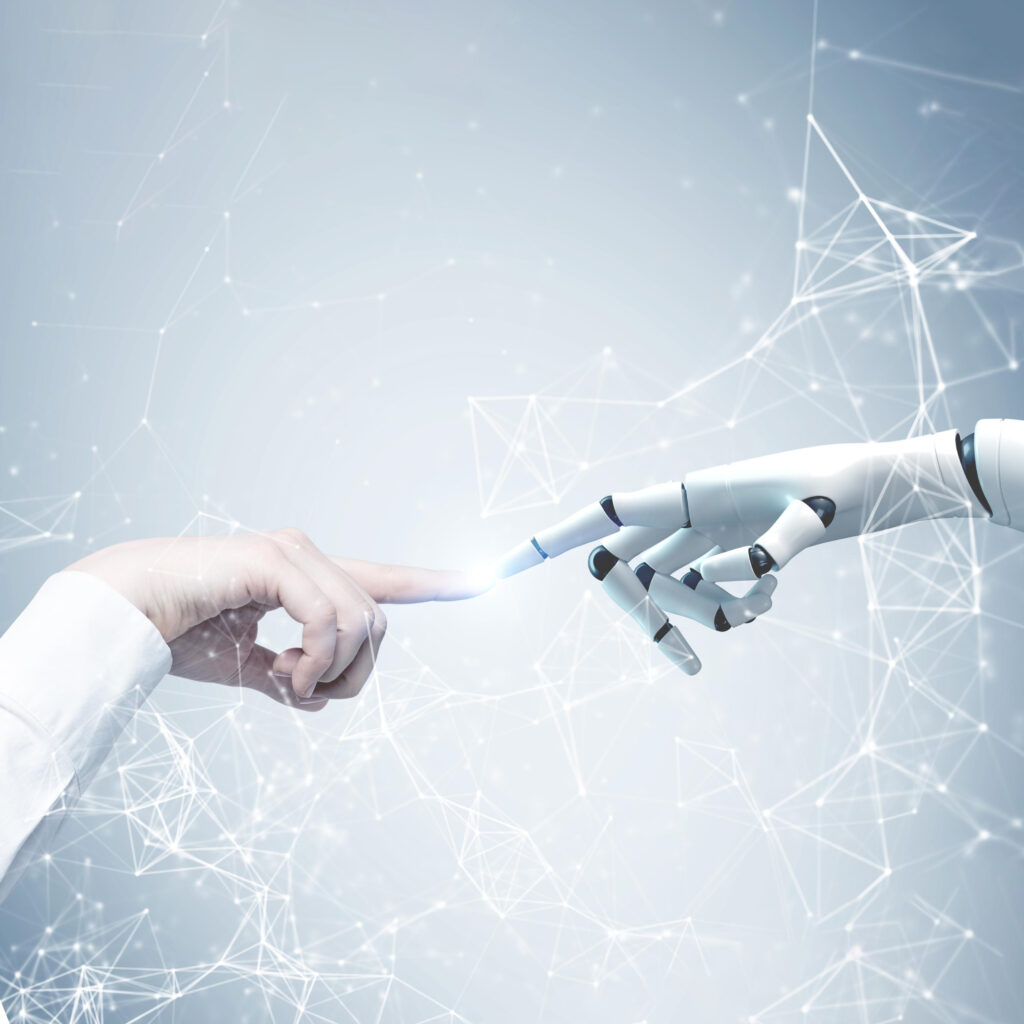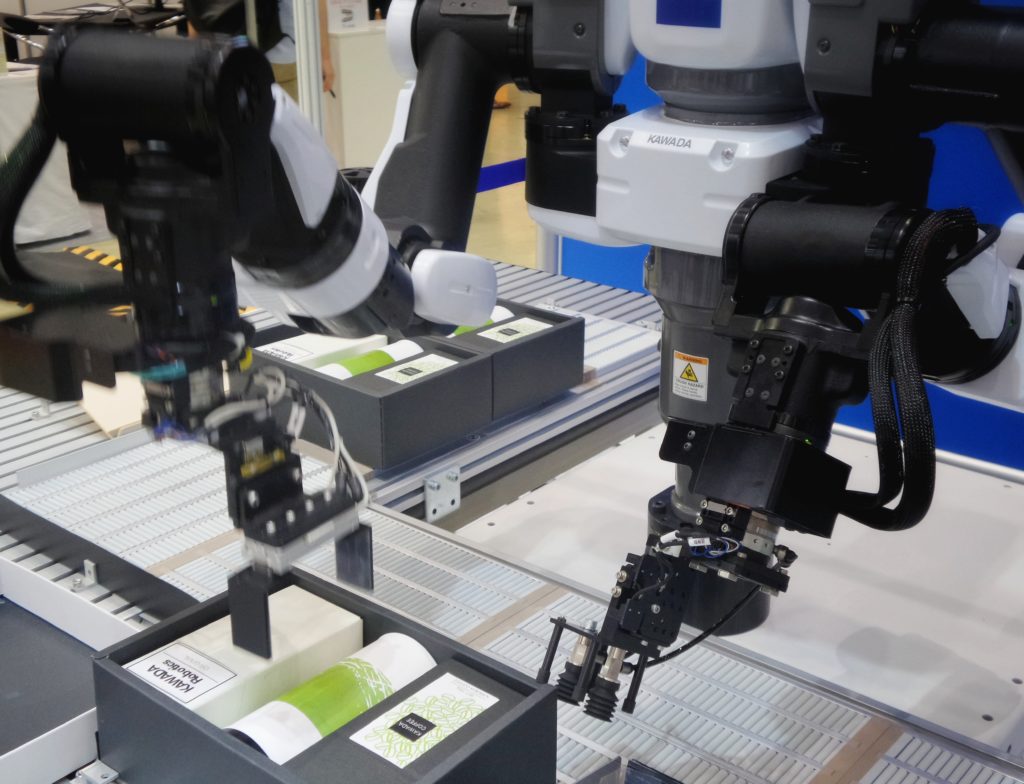A guy enters the building he works, greets his colleagues and goes to his station. He sees he has a new robot for a coworker, and his boss soon appears to let him know he’ll be losing his position. Hundreds of action and horror movies explore what happens when artificial intelligence takes over, and the rise of automated jobs seems to be going this way.
While this is entertaining, these movies don’t spark the truth. Some individuals take this concept seriously and are frightened about robots taking their jobs, echoing what happened after the first industrial revolution. However, we can’t deny there are many more jobs today than we had in the 18th century.
The risk of automated jobs
Some professions indeed have the risk of being completely tasked by robots — whether they are physical machines or just computer code. Initiatives like the website “Will robots take my job?” give a great example of what kind of work will be fully automated soon.
According to the Harvard Business Review, the most at-risk jobs are:
- Data-entry clerks
- Secretaries
- Accountants
- Factory workers
All of those are types of professions that realize menial and repetitive tasks in the day-to-day work. A space where robots shine, and humans are sub-used.
What does this mean for labour?
With the way that automation helps businesses grow, it is useless to try to stop it. The good news is, that, for most of us, the robot invasion will only alter our responsibilities rather than eliminate our occupations. But even if they do, these professions (as listed) will disappear, but others with similar skillset needs will appear. This means that accountants don’t need to pursue a new bachelor to keep their employability.
According to scholars that examine the effects of automation on occupations, this is the case. They also point out that when artificial intelligence becomes more prevalent, it will compel us to enhance our abilities and free us up to take on more complex duties.
Meanwhile, education must adapt by teaching people high-level problem-solving and interpersonal abilities that machines may never master.
Several institutions have begun to integrate AI into their curriculum, including digital assistants, AI-focused departments of study, and even automated teaching assistants.
Nonetheless, future employers will need more than simply technological know-how. Empathy is one area where AI falls short, which is why we’ll always need people with great “soft skills” to add the human touch, thinking, and consciousness to the job.
How to guarantee a less automated job
It’s critical to recognize that, while many may dislike the concept of automation, we must embrace it. Perhaps we should even start thinking of ourselves as automation enablers. If you’re not a computer person, don’t worry. It is time to invest in learning. But not a new profession.
A 2017 study by Pew Research Center reiterates the need for soft skills, empathy, and life-long learning. A significant percentage of respondents mentioned they would like the top education programs to educate individuals on how to be lifelong learners. As a result, some predict the emergence of alternative credentialing processes to assess and attest to the talents people gain along the route.
Rather than thinking that we are obsolete, it is time to learn how to bring empathy to a company full of robots.



